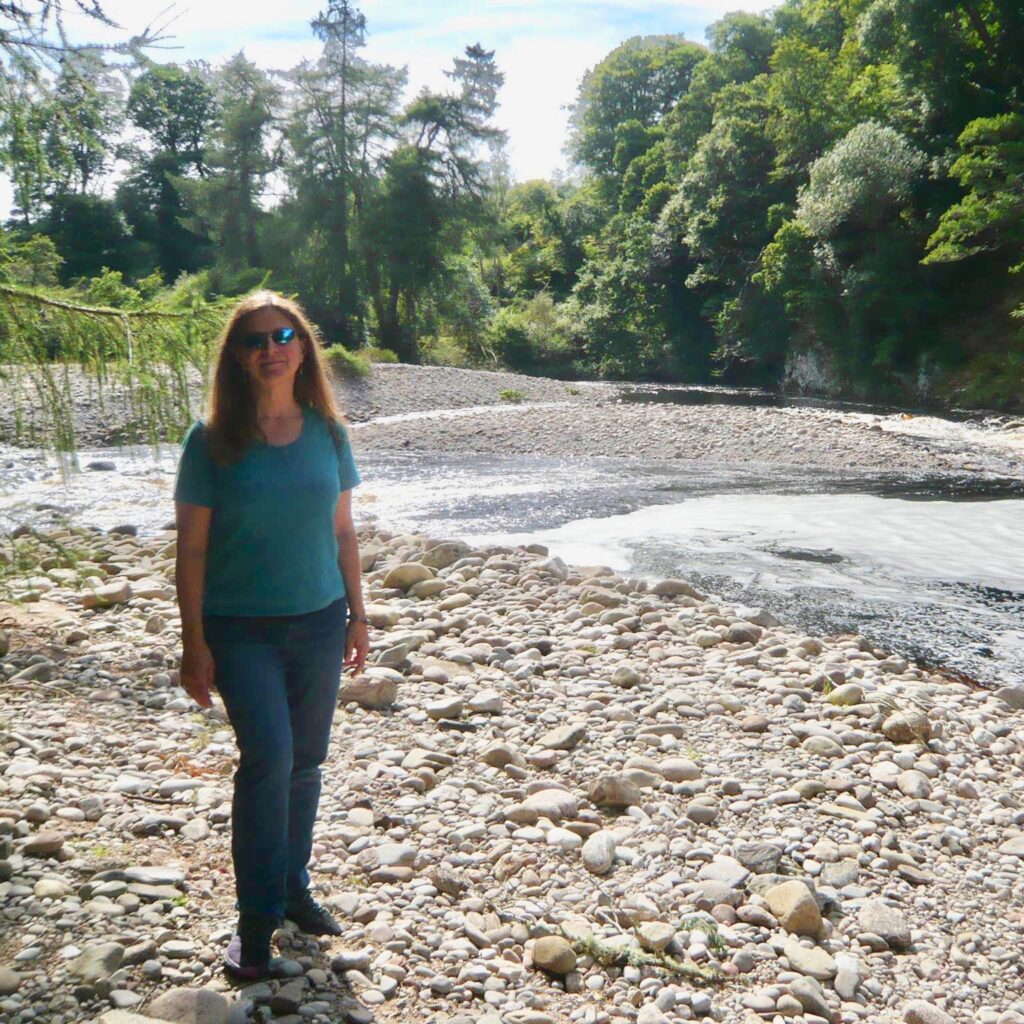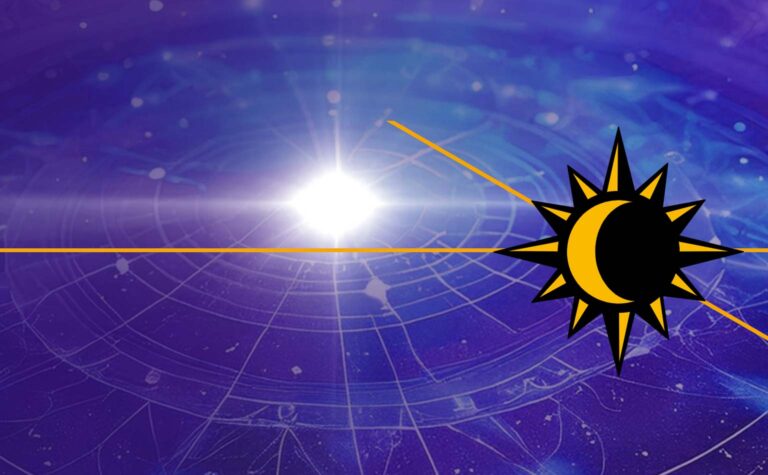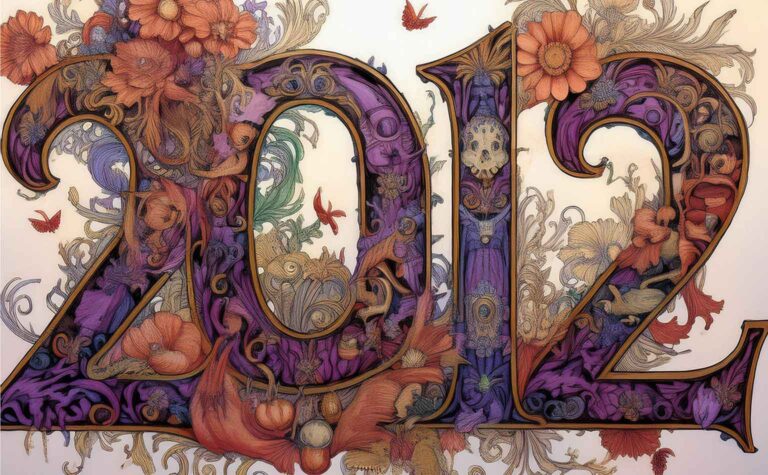Conversations about Living Consciously for a Better World provide practical skills, resilience and supportive information in this time of uncertainty, challenge and change.

Sue Brayne in conversation with Pam Candea, CEO, climate activist and group work facilitator.
Pam Candea is CEO of The Surefoot Effect, a community interest company which equips people, communities and organisations with skills for sustainability and resilience. Its main focus is working with businesses and communities to support them to take action to lessen the impacts of the climate crisis and to promote social justice.
Sue: Pam, what got you interested in climate issues?
Pam: ‘Even as a teenager I was an environmental activist. I was horrified by how our rivers and lakes in Michigan state where I grew up had become so polluted. They had literally turned into fire hazards.
During the 1980s I ended up working in the IT industry, and this took me to the UK in the early 80’s. Yet, all the time, I was increasingly alarmed by the warnings that James Hansen, Director of NASA Goddard Institute for Space Studies, and other scientists like him, were giving us about the impacts of climate change. I couldn’t understand why no-one was listening to him.
In 2007 I decided to retrain in environmental architecture because I wanted to build an eco-house. I thought eco-housing could be the answer to climate change. But I soon realised it wasn’t nearly enough. This realisation turned my attention to climate activism. I wanted to get as many people as possible engaged with climate change. So, I began working with community groups who were focused on climate change.
Sue: Can you explain what The Surefoot Effect offers.
Pam: We established The Surefoot Effect in 2007 to work in value-based ways with organisations to understand what was right for them, but equally to draw attention to the fact we were fast approaching a climate emergency.
Sue: How do you deliver this work?
Pam: We focus on group work but have also recently created some online materials through European Union Erasmus + programmes. I think it’s important to understand and identify how insular and individual we have become, certainly in Western cultures. There are very few opportunities for people to come together as an effective group. Yes, there’s loads of community groups out there, but most are dominated by one or two strong characters. This may be okay for the rest of the group when things are running smoothly. But it’s not okay when things become difficult. How we work together as a group becomes incredibility important. So, my job is about helping groups to understand the importance of coming together cohesively to tackle the issues important to them.
Group Work
The Surefoot Effect runs various workshops and trainings for people to work together effectively. One of our programmes is carbon conversations, a series of 6 workshops, which give people the time and space to look at what changes they can make in their own lives, and what changes they may be able to instigate in their communities. We also provide facilitator training for people to run these groups, our climate justice workshop, and to do other work with groups. For me, the most essential thing is that people learn to work well together and learn how to talk about difficult issues with others. Following these workshops, I am always encouraged when participants feed back to me how they had previously found it almost impossible to talk to their family about climate change, or how to tell them that they no longer wanted to eat meat or fly anymore. But now they had the skills to do this in a non-confrontational way. It makes a huge difference.
Materials
Through recent Erasmus + programmes we created a platform showcasing projects around the world helping to address the climate crisis: A Tale of Two Futures; And Illustrated Climate which created a graphic novel and an e-learning programme to help people learn about the climate emergency and potential actions to ameliorate the risks.
Sue: Can you outline what these skills are?
Pam: I believe we have evolved somehow into a society that is lacking in emotional intelligence. It’s as if we don’t even have a language to express ourselves anymore. So, I am a fierce believer in helping people develop honest communication skills, through active listening, becoming aware of how we are feeling in the moment, and recognising the power of working collectively, collaboratively, supported by a group
Active listening
Active listening is about getting used to listening to others. This means being fully present with the other person – rather than composing in your mind what you are going to say next while the person is still talking, or breaking in when, for example, they mention they have a dog, and you want to tell them about the dog you had as a child.
Active listening is also about giving the other person the time to say what they want to say and creating space to pause and be silent with each other, while you mindfully consider what you might say next. So, it’s really connecting with each other and being present.
Becoming aware of and expressing what you are feeling
Good communication skills are also about the ability to identify and voice how you are feeling emotionally. This means learning how to share your feelings with others and being able to receive it when others share how they are feeling with you. Then to sit with what’s been said without brushing it aside or trying to fix it, and acknowledging what you feel and what others feel is valid.
Recognising the power of the group
The third skill is learning to work together as a group and recognise how working in a supportive group toward a goal is more rewarding than individual striving – and competing. I think we really struggle with this; it’s another thing that’s been lost. We have become so individually focused that we fail seeing the power of group cohesion. Working together means creatively building on each other’s views and ideas without feeling threatened.
Sue: The work you do is really on the front line because you are helping people to confront what climate crisis may do to their communities. But, do you even think you are trying to help people when we’ve reached a time when we may be almost beyond help?
Pam: Working in this area certainly can take its toll. A few years ago I was guiding a group in a future visioning exercise of what the world will be like in 2050 if we have implemented all the sustainability measures we speak about. People drew beautiful pictures and we presented them back to each other. Someone asked me, ’Do you really believe we will get to this?’ I really struggled to answer their question. Knowing what I know about climate crisis, I couldn’t say yes. So, I said, ‘I want to be able to say I have done everything I can to get to this vision.’ Taking personal responsibility, for me, is a vital part of coping with what is happening to our planet.
I had to take a break for six months after this particular workshop. I needed to deeply question my motives of asking people to make small changes such as doing more recycling or establishing community gardens when I realise that the action needed was, and still is, enormous and infrastructure related. In my heart of hearts, it all felt too late and useless without taking big actions such as taxing jet fuel.
Sue: How did taking this break inform the work you do now?
Pam: It helped me to focus on working with resilience. I don’t for one minute believe we are going to be able to continue our relatively idyllic existence, but I hope that by using good communication skills and developing resilience we can come out of whatever happens better than when we went into it. Developing resilience is confronting the fact that when we experience on-going stress or a huge shock, we can either break down or break even by clawing our way back to where we were, or we can breakthrough using the adversity to springboard to something better. So, there is always the option of hope – that’s the breakthrough. We have to keep engaged. It’s not okay to accept the status quo. All of us need to participate in finding ways of making things work for us in the best way possible.
Sue: How do you keep moving forward in the face of what is happening to our world right now?
Pam: I am really struck by the images of people dragging an Extinction Rebellion protestor off the top of tube train in London. Some people started to attack the protestor, while others tried to protect him. Someone posted the footage onto the internet, asking the question, ‘What will happen when there are food shortages?’ If we don’t know how to work together as a group, how to share and think about what’s best for the whole group, we are just going to see more and more of those scenes.
For me, the question of how to deal with potential conflict is about building skills for connection, active listening, being able to express and receive emotions and working as an effective group.
I find I am now much more aware of what really important to me. I question how much time I need to spend on certain areas of my life. Is this something that is going to bring joy to me or those close to me? It is going to help bring about change in the world or is it just another noisy distraction on the side? I am astonished at how many noisy distractions on the side there can be.
I also question how much time I need to spend worrying about things that at the end of the day aren’t that important. If it doesn’t contribute to joy or contribute to ameliorating large global issues, it really isn’t important at all.
When I started working in this area, I used to think ‘maybe I will figure out a way to change what’s happening on my own.’ Then I began to think, ‘maybe someone I am working with will change what’s happening, and I will be a tiny help towards this.’ Now it’s ‘maybe I will do something that helps some people to suffer less.’
Sue: Yes, that’s a really big reality check. What else sustains you personally?
Pam: I am Buddhist, so for me, I find comfort in knowing that there’s a is kind of cosmic view that we are all trying to reach enlightening. We are part of a very grand cycle – the turning of the wheel, if you like – which gives us the opportunity to practice or work towards ending the suffering of all beings. We are certainly getting the practice now. If humanity is wiped out or severely decimated by climate change, I see it as another opportunity for us to practice towards reaching the state of nirvana (a transcendent state devoid of suffering or desire, and the release of karma and cycle of death and rebirth). And I meditate to keep a focus on the present.
Sue: Do you have any other advice for us?
Pam: Yes, keep yourself informed! I believe awareness is key. I was speaking to a friend the other day who is concerned about climate change but was clearly not well informed. I asked her if she watched the news. ‘No,’ she said.
Of course, I can understand why people don’t watch the news. It can be depressing and debilitating. However, if you are not keeping tabs with what’s going on, I don’t know how you can be fully conscious of what is happening in the world, or how much many things have deteriorated.
Another thing is to look after yourself. Personally, I meditate a lot, and I like to meditate with other people, too. I do yoga as well, which helps me to feel more embodied, and I spend as much time as I can in nature. Next weekend I am spending three days with Natural Change, an organisation which provides a structured immersion in nature to restore people through connection with others, in natural surroundings, and to encourage to them towards environmentally friendly behaviours.
I believe developing skills for learning how to deeply connect with each other is the most important thing to pursue right now. Whether this happens in the form of carbon conversations or singing groups or even a Death Cafe – it doesn’t matter as long as it happens. These skills will enable us to be prepared for whatever comes our way.






